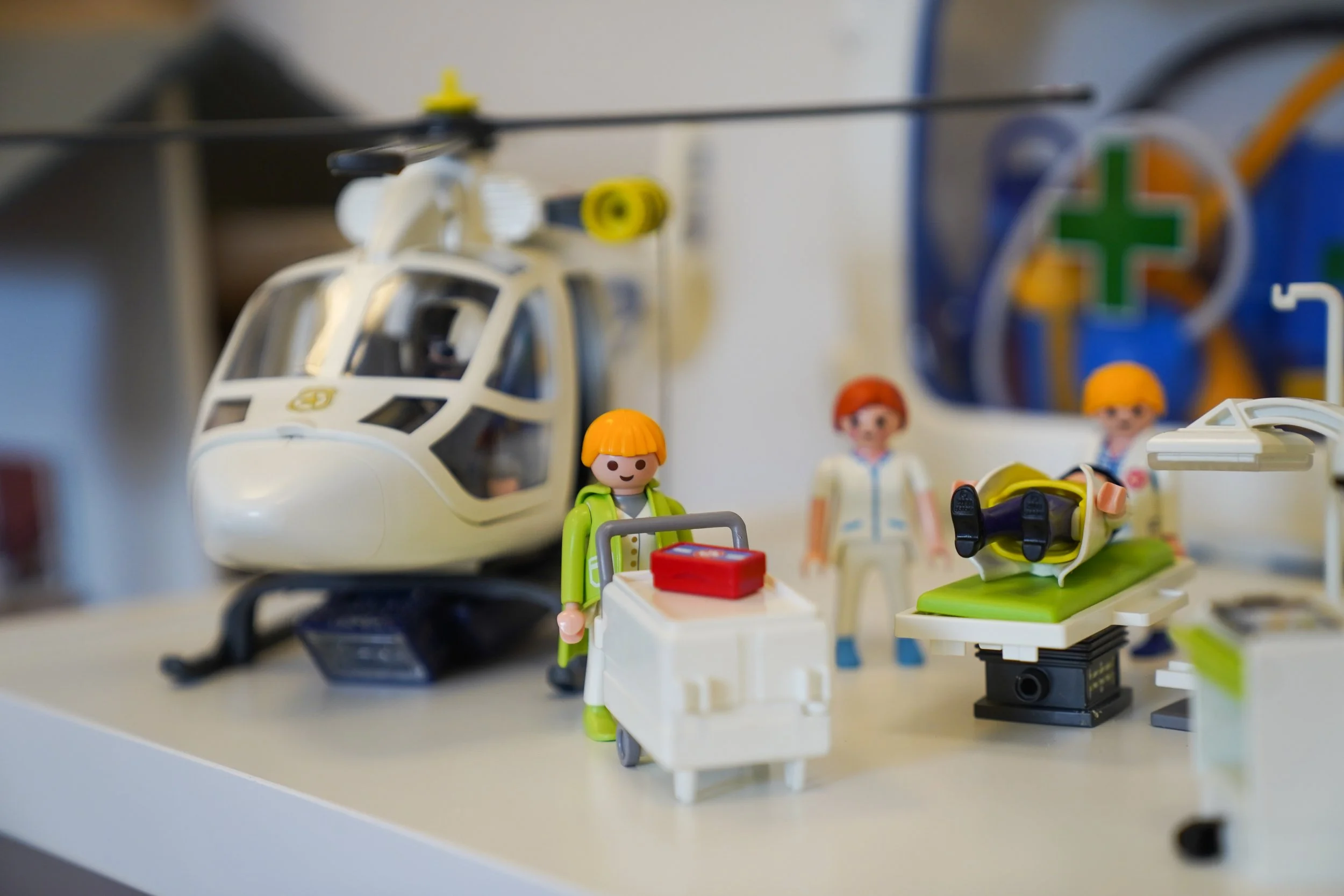What are the benefits of play therapy?
When children struggle with behaviour, it can feel overwhelming for both families and schools. Outbursts, withdrawal, or difficulty coping with change are often not signs of defiance but signs of distress in the nervous system. Play therapy is a recognised intervention that helps children regulate, rewire, and rebuild.
But what actually happens in the brain during play therapy? And why does it work?
Regulating the Nervous System
One of the most powerful benefits of play therapy is its ability to calm the nervous system. Many children who display challenging behaviour are living in a state of hyper-arousal (fight or flight) or hypo-arousal (shutdown and withdrawal).
Play therapy provides sensory-rich, non-threatening experiences that help children return to a regulated state. When the nervous system feels safe, behaviour naturally begins to settle.
Rewiring Neural Pathways
Neuroscience research shows that repeated, safe, playful experiences can rewire neural pathways in the brain. For children, this means that instead of automatically reacting with aggression, fear, or shutdown, they begin to develop new patterns of response.
Through therapeutic play, the brain creates alternative “routes” moving from survival-driven behaviours to calmer, more thoughtful responses.
Strengthening Emotional Literacy
Behaviour is often communication. A child who cannot find words to explain frustration, sadness, or fear will show it through actions. Play therapy gives the brain another language: symbols, stories, movement, and sensory play. These methods bypass the rational brain and connect directly with emotional processing.
Over time, children learn to name feelings, recognise body signals, and find healthier outlets for emotions which directly reduces behaviour struggles.
Restoring Connection and Safety
A dysregulated nervous system often struggles with relationships. Play therapy offers a safe, attuned relationship with a trained therapist, which helps the brain relearn trust and connection. This sense of safety is the foundation for behaviour change, because children who feel secure are less likely to act out in extreme ways.
Why This Matters for Behaviour
When the nervous system is balanced, and the brain has new neural pathways for coping, children can:
Pause before reacting.
Calm down more quickly after frustration.
Express themselves without aggression.
Build stronger relationships with peers and adults.
These aren’t just surface changes in behaviour, they are deep-rooted shifts in how the brain and body work together.
Play Therapy: A Serious Intervention
Play therapy is more than “just play.” It is a clinical, evidence-based intervention that works directly with the brain and nervous system. A qualified play therapist will hold a postgraduate qualification in Play Therapy with Play Therapy UK and be listed on a register approved by the Professional Standards Authority. Families can be assured that this is a safe and effective intervention.
Find out more about play therapy with WayMaker here.


